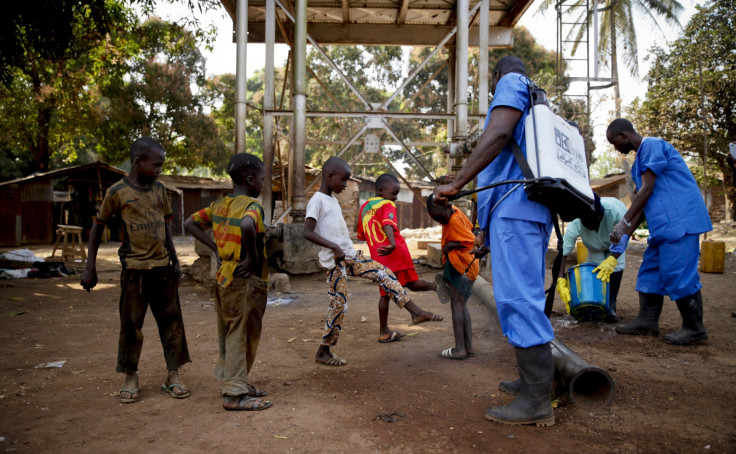Ebola outbreak an avoidable tragedy and WHO must shoulder much of the blame - MSF

A leading medical charity working against the Ebola outbreak in West Africa has been scathing in its attack on how slow international response from the international community and the World Health Organisation (WHO) allowed the disease to spiral out of control.
Medecins Sans Frontieres (MSF), which first raised the alarm over the current Ebola outbreak that has killed over 10,200 people, said in its report that many institutions, including the WHO, had failed in their response.
Entitled Pushed To The Limit And Beyond, the MSF report notes how its warnings in June were dismissed as alarmist by many of the affected nations.
Guinea and Sierra Leone downplayed the epidemic and accused MSF of spreading fear and panic. The Sierra Leone government had further told the WHO in June to report only lab-confirmed deaths, thus falsely reducing the death toll.
Kenema hospital in Sierra Leone, where initial cases were reported, also withheld crucial epidemiological data preventing MSF from identifying affected villages and responding, besides refusing to share data or lists of contacts with the group.
While Liberia was transparent and asked for help almost on a daily basis, no immediate action was taken though MSF had reported the same to WHO. The health agency had rejected MSF's first assessment in March of an unprecedented outbreak.
On the belated international response, the report calls it a "global coalition for inaction" and notes how lack of facilities forced it to turn away patients in Liberia by the end of August.
"We had to make horrendous decisions about who we could let into the centre," said MSF coordinator Rosa Crestani, who worked at the organisation's Ebola centre in Monrovia, which could only be opened for 30 minutes a day because of the demand for beds.
MSF woes
MSF has in fact indicated recently that it may withdraw from Guinea amid increased violence against its workers. Many locals continue to believe Ebola health workers are spreading the epidemic further.
It continues outreach and community sensitisation activities but says "the level of acceptance remains low."
The presidents of all three countries announced a target to reach zero Ebola by mid-April, more than a year after the first case was reported. But after a lull in cases, there has been a spurt again in remote areas of Guinea and Sierra Leone.
Guinea recently reported a doubling of cases in a month, Sierra Leone has millions in its capital under quarantine.
Liberia announced its first new case 16 days after its last Ebola patient was released. The Ebola outbreak is not considered over until there are zero cases in a region for 42 days.
The WHO secretary-general has emphasised that the outbreak has not yet waned but funds have. Almost $400m [£267m] in new financing is essential by June to keep the control programme on track, it said.
© Copyright IBTimes 2025. All rights reserved.





















